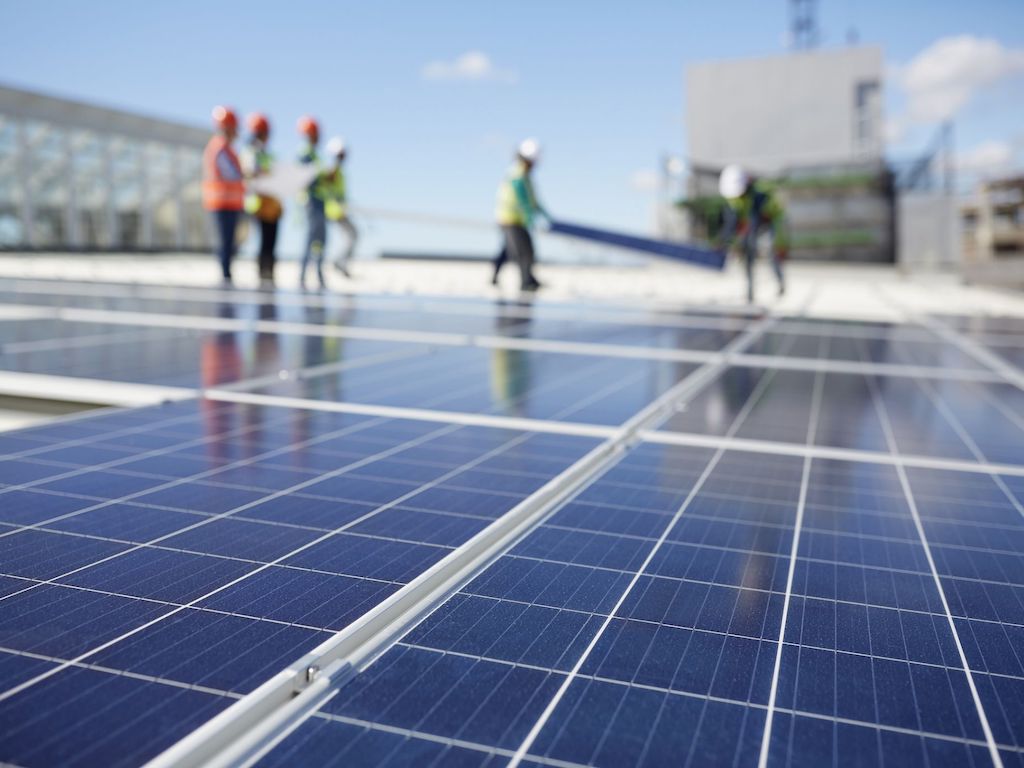2 Mins Read
Rich investors in Asia are displaying growing interest in sustainable investments as the coronavirus shifts mindsets towards concerns about public health and the environment, according to UBS. The Swiss multinational investment firm’s private banking unit in Asia recorded a doubling of assets in sustainable investments since the beginning of last year, with the majority coming from the Greater China region.
UBS’ 100% sustainable investment portfolio in its Asia private banking unit more than doubled to US$1 billion in assets since the beginning of last year, with 60% of the new investment coming from Greater China. The bank says that there has been heightened demand for sustainable investments since the coronavirus pandemic, which has brought Asian investors’ health and environmental concerns to the forefront.
Commenting on this trend, Mario Knoepfel, head of sustainable and impact investing advisory for Asia Pacific at UBS’s wealth management unit told Bloomberg: “The mindset has switched from ‘I don’t know about it, I’m skeptical,’ to ‘I’ve heard about it, I want to know, I want to learn,” adding that the virus will “remain a core topic and help also help the awareness.”
Compared to conventional equities, sustainable funds have held up better amid the economic fallout from the pandemic. Bank of America strategists said last week that the stocks in the United States in the top quintile of environmental, social and governance (ESG) scores have outperformed the S&P 500 Index by 5 points since February.
Globally, ESG-based impact investments have become more popular in recent years, sparked by growing concerns about climate change and environmental risk factors. According to Bloomberg data, ESG investments have raked in US$14.2 billion in exchange-traded funds (ETFs) globally.
Last month, UBS revealed the bank directed US$3.9 billion of client assets into impact investments related to the Sustainable Development Goals (SDGs) outlined by the United Nations. Similar moves were made by other major financial institutions, including Goldman Sachs’ decision to rule out Arctic oil drilling financing and BlackRock’s pledge to Climate Action 100+, as part to pressure companies under its portfolio to reduce greenhouse gas emissions.
While the immediate spike in interest in sustainable investments have been sparked by the coronavirus pandemic, experts believe that the trend is a mainstay. Speaking to Bloomberg, head of HSBC’s climate change center Wai-shin Chan said: “In time, businesses will have to rethink the true level of resilience to potential shocks – virus, climate or otherwise.”
Particularly in light of recent scientific studies finding a correlation between air pollution and lethality rates of Covid-19, investors will have to begin considering global healthcare systems and environmental factors when it comes to where they decide to put their money.
Read our earlier Covid-19 coverage here.
Lead image courtesy of Trevor Adeline / Getty Images.




